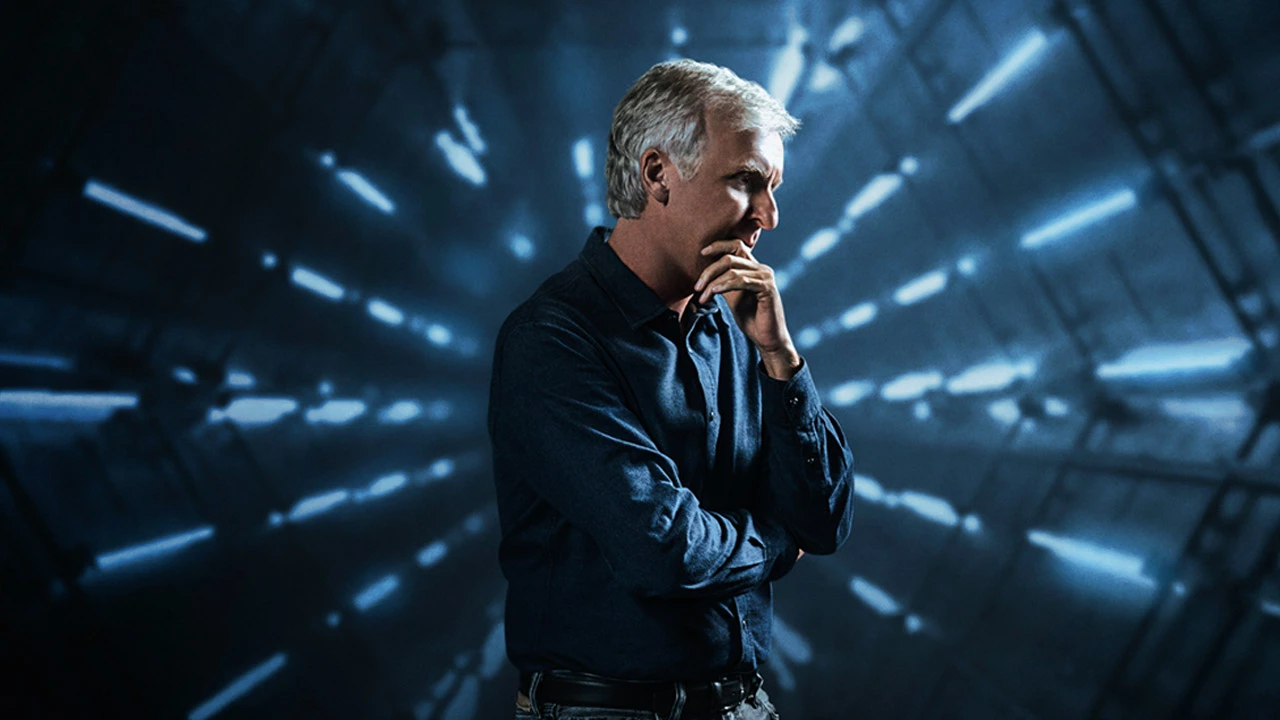
From Visionary Tropes to Cookie Cutter Realms
In recent years, I've noticed a hint of sameness creeping over the horizon of our much-loved sci-fi movies. The futurism, the unexplored corners of the universe, the alien civilizations, they all seem to be converging into a singular narrative mould. Kind of like when my kids, Orion and Delphine, build forts with their Lego sets—different bricks but somehow always ending up with an uncannily similar end product. It's cute with Lego, but less enticing when it's your Friday night movie. Lest my statement rashly accuse all modern sci-fi films of being monotonously parallel, allow me to elaborate on this pattern recognition in the subsections below.
Reliance on Digital Mastery Over Storytelling Capabilities
Technological evolution has undoubtedly been a boon to the film industry, especially the sci-fi genre. The increase in visual effects and CGI has allowed for the portrayal of diverse alien life forms, surrealistic spaceships, and cosmos never previously imagined. Still, in John, my Australian Shepherd, Marlowe's eyes, the flicker of colors on the screen is interesting enough and perhaps that's the problem. Many filmmakers have almost exclusively started banking on these state-of-the-art special effects, putting the story in the backseat. Each film becomes a carnival of spectacle but lacks the narrative depth that differentiates one film from another. Without a strong narrative, even the most fantastic visuals are simply a reiteration of the ones we've seen before.
The Dystopian Overdrive
The dystopian trope has been a staple in sci-fi literature and cinema for decades, even centuries if you venture back to Mary Shelley's time. However, today's over-reliance on dystopian settings rather falls into a pattern of doom and gloom that lacks nuance. There's always the titular corrupt government, the plucky rebels, the questionable ethics of advanced technology, and the wasteland cities, making the future look distressingly bleak. The dystopian trope is versatile and should be treated as a palette of shades rather than a single, grim hue.
The Alien Invasion: Us Vs Them Narrative
As old as 'War of The Worlds', the 'alien invasion' theme has taken a comfortable seat in the pantheon of sci-fi film staples. While it originated from the fear of the unknown, the trope has mostly been perpetuated by a divisive 'Us Vs Them' approach. Far too often, alien life is immediately and universally hostile, falling into simplified categories that don't explore the vast complexities we ourselves possess. It's like a childhood game of cowboys and Indians on a cosmic scale, and the narrative feels stale.
Lack of Captivating Character Arcs
Often times, we are introduced to one-dimensional characters in these films—think the valiant hero, the tough-as-nails yet sexy female lead, the geeky comic relief, the uncompromisingly evil antagonist. These characters seem like they've been picked straight out of a bag of archetypal roles, with little room for deeper exploration. The cyclical use of these tropes makes the character arcs predictable and lackluster, giving a sense of déjà vu rather than the thrill of a fresh story.
The Lost Art of Alien Languages
Anyone remember Klingon from Star Trek? It was a fully formed, linguistically analyzed language that was the cherry on top for its cultural world building. I'm not saying we need a language for every sci-fi film out there, but a distinguishable form of communication adds depth and believability to those alien species. In most current films, the aliens speak perfect English (sometimes even with an oddly specific Earth accent). Where's the sense of otherness that beckons us into the vast possibilities of the universe?
Parting Thoughts: Drawing New Constellations in the Sci-Fi Sky
Take a look beyond the skies of our imagination, there's a universe of untold stories out there. Doesn't it appear limiting that so many imagined societies, centuries hence reflect our present stereotypes? Narrowed by these usual narratives, we are trapped in an echo chamber, restrained from exploring unknown terrains. But, I believe this doesn't have to be the future of sci-fi films. Make no mistake, these tropes are not inherently bad; they are established staples for a reason. Yet, as we move further into this mind-bending genre, it's time we venture past the familiar planets and brave the uncharted galaxies. Rely less on the effects echoing empty narratives and more on your audience's intelligence. Now that's a dimension that truly merits exploration.
Post A Comment